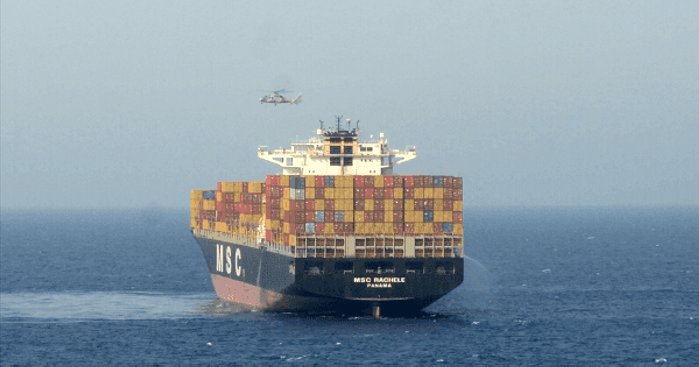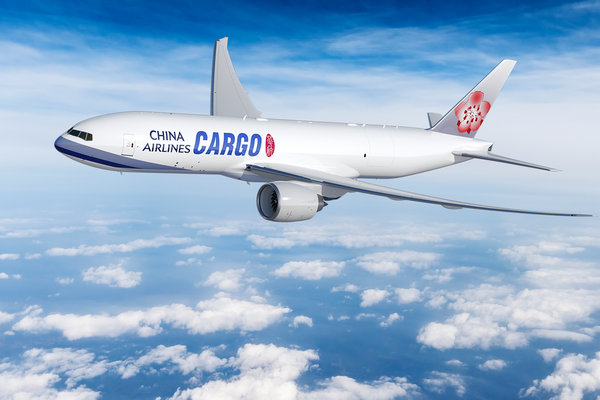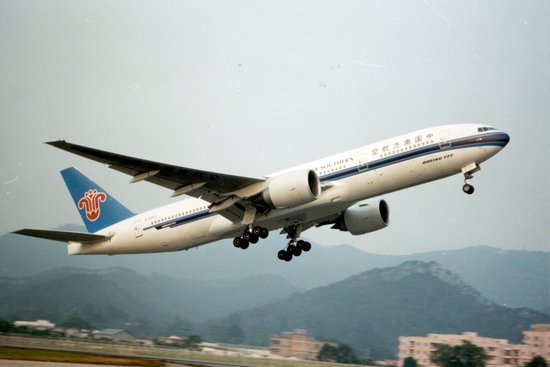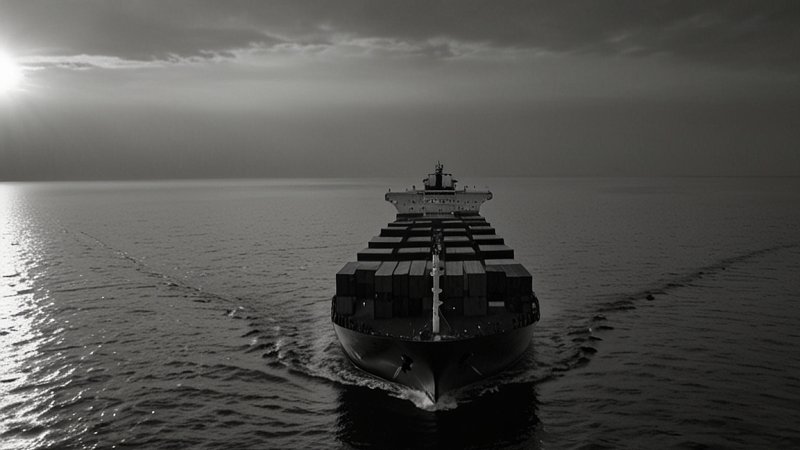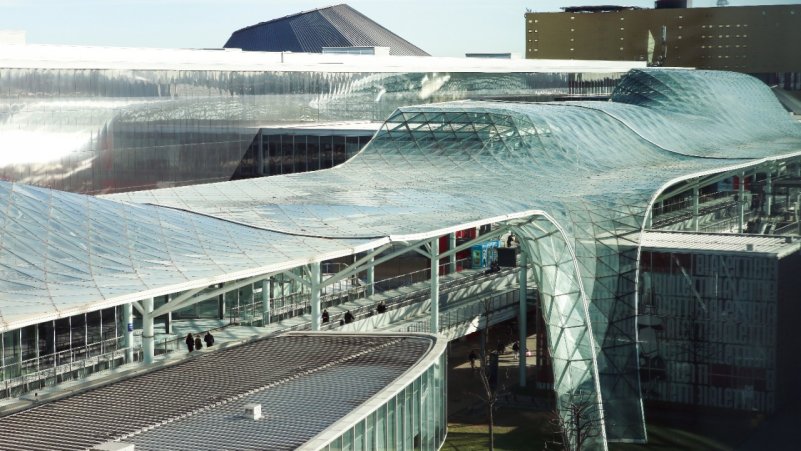n an international landscape marked by economic instability and geopolitical tensions, the logistics and transport sector remains one of the few areas still demonstrating vitality and solid employment prospects. Companies, increasingly required to reorganise supply chains and navigate ever more complex scenarios, are decisively investing in highly qualified professionals. In particular, there is growing interest in individuals who combine technical expertise, digital know-how and a strong awareness of sustainability issues.
According to an analysis conducted by Hunters Group, a company specialising in the recruitment of skilled personnel, demand for logistics professionals in Italy has risen by ten percent in recent months. “Logistics and transport are experiencing a period of increased professional appeal,” says Luca Franchitti, sector lead at Hunters Group. “Global dynamics have had a profound impact on the movement of goods, driving a rising need for experienced profiles capable of handling critical issues, optimising processes and ensuring efficiency in a rapidly changing environment.”
Among the most sought-after roles are sales executives, import-export operators and logistics specialists. Sales executives, who mainly operate in the field of international shipping, focus on sales development, identifying new opportunities and crafting tailored logistics solutions. Their average gross annual salary ranges between 45,000 and 50,000 euros.
Import-export operators, on the other hand, play a pivotal role in the daily management of shipments by land, sea or air. They handle all administrative and customs procedures, maintaining constant contact with clients, suppliers and agents. Their gross annual salary generally falls between 30,000 and 40,000 euros. Logistics specialists are responsible for coordinating the entire logistics chain, streamlining flows and ensuring on-time deliveries, with salaries typically ranging from 35,000 to 45,000 euros gross per year.
However, according to Hunters Group, the real shift lies in the evolution of required skill sets. As Franchitti points out, digitalisation has moved from being a long-term consideration to becoming an immediate and pressing need. Companies are now looking for individuals capable of interacting with IT systems, interpreting and analysing data, monitoring shipments in real time and contributing to process improvement using advanced digital tools. Integrated management systems, automated workflows and continuous cargo tracking solutions are increasingly becoming standard practice for those aiming to remain competitive in the market.
Alongside this, the research highlights a growing focus on environmental sustainability, with the adoption of practices aimed at reducing emissions, optimising load capacity and rationalising resource use. This dual shift—towards technological innovation and ecological transition—is making the sector more appealing to younger generations, who see not only professional development opportunities but also a value-driven environment that aligns with the challenges of our time.


